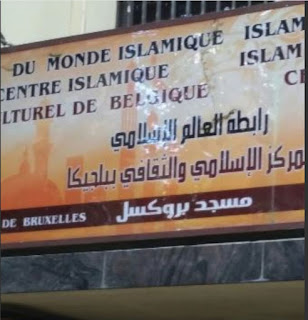China’s dilemma: Balancing support for militants with struggle against political violence

By James M. Dorsey China’s recent failure to shield Pakistan from censorship by an international anti-terrorism funding and anti-money laundering body suggests that the People’s Republic is struggling to balance its contradictory interests in South Asia and may be trying to evade the potential cost of its long-standing support for Pakistani-backed, anti-Indian militants. China’s balancing act became evident when it this month decided not to prevent the Financial Action Task Force (FATF), a 37-member, inter-governmental agency, from putting Pakistan on a watchlist . FATF gave Pakistan three months to clean up its act in a bid to avoid being blacklisted for alleged lax controls on funding of militants. The grey listing of Pakistan was tabled by Britain, France and the United States. The Trump administration has in recent months stepped up its criticism of alleged Pakistani support of militants and slashed military assistance to the country. The FATF action could n






